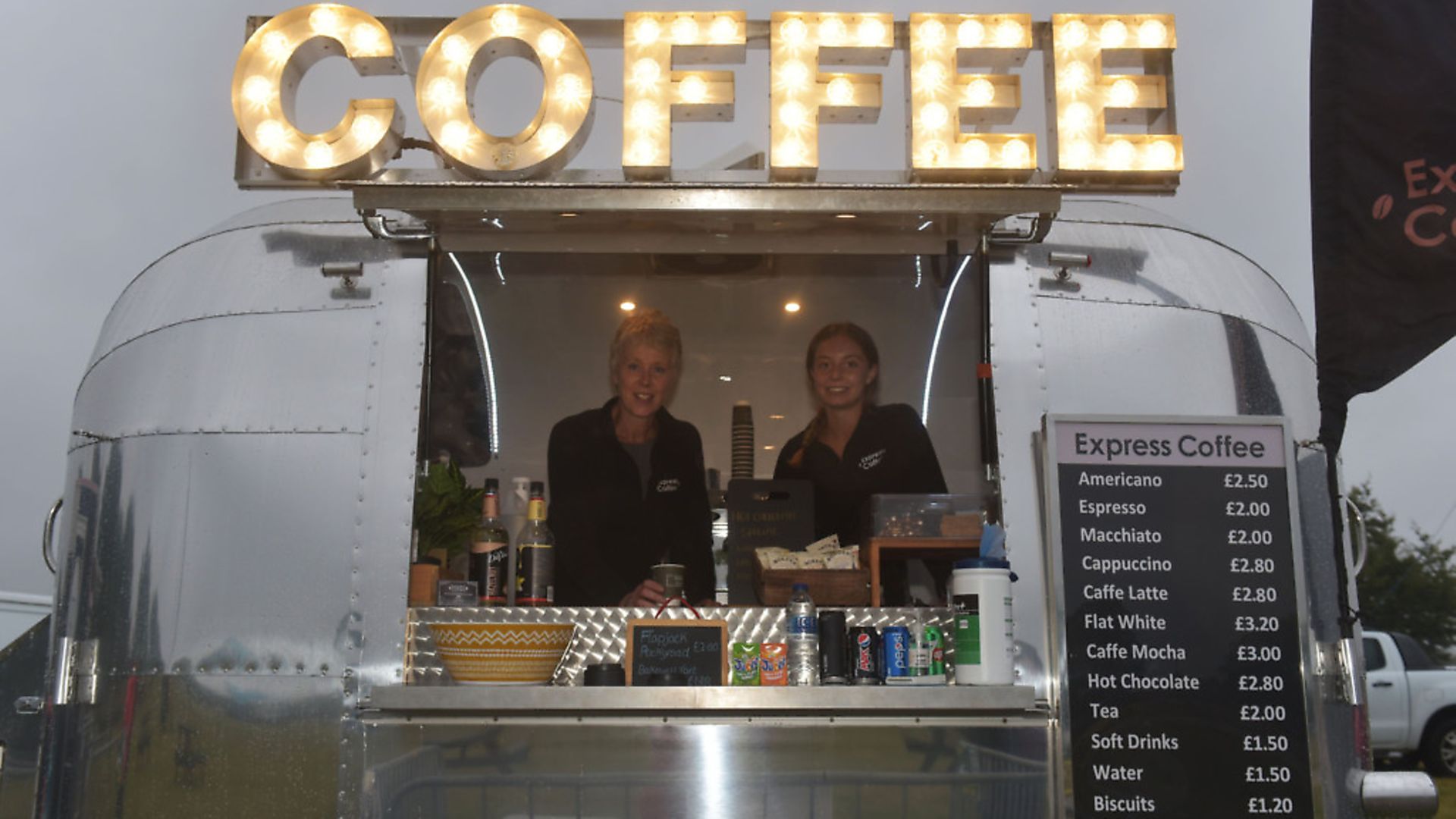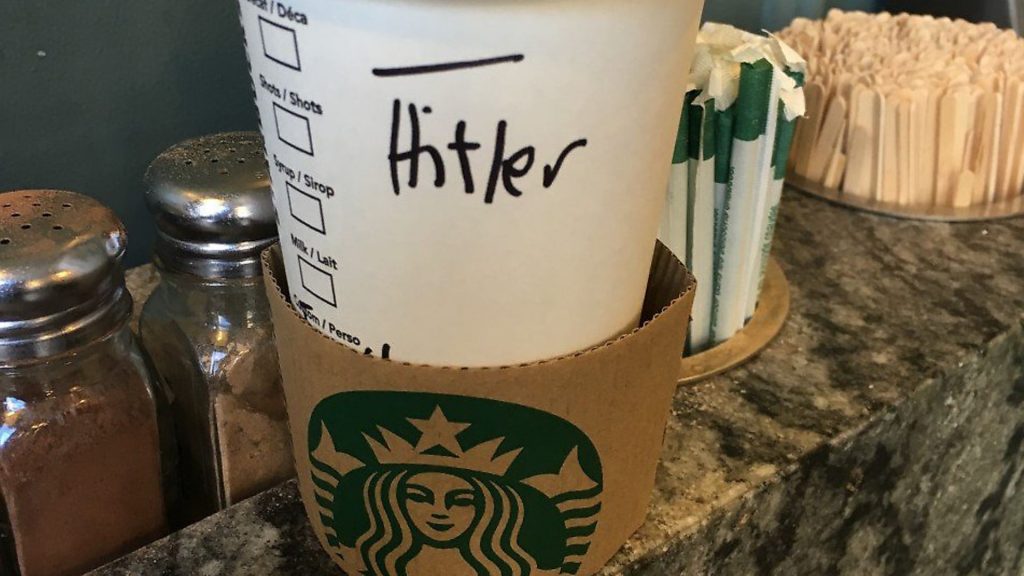
The Multicultural Man on coffee as fuel for economic recovery.

The reopening of bars and cafes in England recalls to my mind this observation by the great Russian novelist Andrei Bely: ‘We are only ever drinking coffee over the abyss.’ The need to ‘restart the economy’ that’s been trumpeted the length and breadth of the land these past few weeks, has been a call not to Stakhanovite miners and steel workers to return to their hard labours (for such scarcely exist any more in this country), nor for the great mass of manufacturers, deliverers and carers to do the same – for many of them have been grafting throughout the crisis; but rather: the need is for coffee-drinkers to get back in their abyssal offices, and baristas to recommence serving them their frothy go-go juice.
The coffee culture is now so infused into the British body politic it’s difficult to remember there was a time when ‘shot’, in the first instance, meant the past tense of ‘to shoot’, rather than a small quantity of bitter black liquid. True, there was a coffee bar culture in the 1950s – complete with gaudy Gaggias, ribbed-red vinyl banquettes and Cliff Richard-alikes snapping their fingers and saying ‘Cool Daddy-o’ in appalling American accents. But by the time I was a teenager, in the early 1970s, that was pretty much all gone, and the country had returned to its immemorial tea-brown study.
My mother, who was American, would often descant on the atrocity that was called ‘a cup of coffee’ in England – and found it so hard to get the right blends to use in her native percolator she was driven to drink Nescafe, which she’d ironically hymn every time she made a cup: ‘Mm,’ she’d say, stirring the granules into gloop defiantly: ‘I love my Nescafe!’ True, there were some cafes that served a genuine espresso or cappuccino – but these were so novel, I’d often become transfixed simply by the slow-motion fall of a teaspoon of brown sugar through the cloudy froth and down into the black abyss below, and forget to actually drink the gloop..
The first time I remember being conscious of frothy coffee as a ‘thing’ that was becoming entwined with notions of zeitgeisty British ‘productivity’ was towards the end of that matte black decade the 1980s. I was running a small contract publishing outfit, and we went to pitch to a company called Lavazza, who were massively expanding their market share by offering retailers deals on espresso machines alongside their coffee blends. I remember thinking at the time that it wasn’t going to fly – that you were never going to see the bulk of Brits sipping dinky cups of perfectly made Italian coffee. And so it’s transpired: pre-pandemic, Costa (the nation’s biggest froth-flogger) had some 2,000 retail outlets and 6,000 vending machines – all of them, so far as I’m concerned, pumping out coffee that bears as much resemblance to a good Italian espresso as Boris Johnson does to Winston Churchill.
People always talk a lot of b****cks about how they can’t live/work/breathe or otherwise function without their coffee in the morning/mid-morning/lunchtime – indeed: all bloody day; but the reality is that the psychoactive effects of coffee are largely psychosomatic. True, studies show that about one in 10 people is majorly affected – and for them coffee is indeed a sort of legal amphetamine – but the rest of us are really only responding to their excitation with our own. Besides, if coffee is meant to be so effective a drug when it comes to keeping at us at the coalface, why has our massive increase in consumption coincided almost exactly with a fall in productivity? The headline in the US satire magazine The Onion speaks the truth: ‘New Starbucks Opened inside Rest Room of Existing Starbucks’; the only productivity that’s been increased by the renaissance of British coffee culture has been the production of coffee itself.
I remember visiting the original Starbucks, in Seattle, in the early 1990s. At that time its siren logo was proudly twin-breasted and you could see the whole of her bifurcated tail; now it’s reduced to a mere stylization – as is its coffee. Nowadays its baristas make hot drinks that merely allude to the possibility of coffee, so frothed and syruped and spiced and sweetened have they become. Nevertheless, the business still tries to flog its counter-cultural shtick – as if you were likely to re-enter the grunge scene via the grunge in the bottom of your cup. But surely the most alienating aspect of contemporary British chain coffee shops is their determination to personalise the experience. I can’t remember when it was they first started asking for your name when you give your order, so they can inscribe it in felt-tip on to the Styrofoam – but it was a black day for all of us who prize urbanity for its anonymity.
My response has always been fatuous in the extreme: ‘Hitler.’ I reply, or sometimes: ‘Stalin’. And it never fails to give me the little jolt the coffee sadly doesn’t provide, when the cup is duly personalised, making it just the thing to drink… over an abyss.










